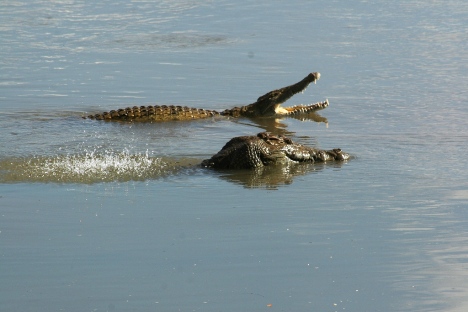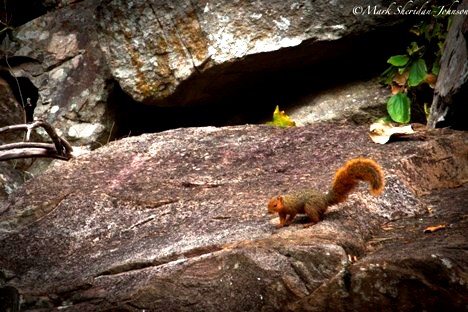Beautiful poetry, words and even jokes are written in our guest book daily in Sand Rivers, so good that they need to be shared...
"We liked the way the Hippos always laughed at our jokes, though they were a bit slow on the uptake!
1. What do you call a long haired hippo? - A hippy
2. What's a hippos favourite type of music? - Hip-hop
3. And what does he listen to it on? - His Hi-Pod
4. How do you give a hippo an injection? - With a hippodermic needle
5. What does an old hippo need? - A hippoperation
6. How does a hippo say hello? - Hi-po!
7. What is a hippos favourite dance? - The hippo hippo shake
8. What do you call a one legged hippo? - A hoppo
9. What do you call a hippo with wings? - Hippothetical
10. What do you call a lying hippo? - A hippocrite
11. What do you call a hippo who thinks he is ill? - A hippochndriac
12. What is a hippos favourite dessert? - Hippo - pot - o'mousse
13. What does Dr Hippo take? - The hippocratic oath
14. What do you call a jolly hippo? - Happo!
15. What's a Hippopotamus's favourite word? - HIPPOPOTAMUS!"
With thanks to The Good Family




































